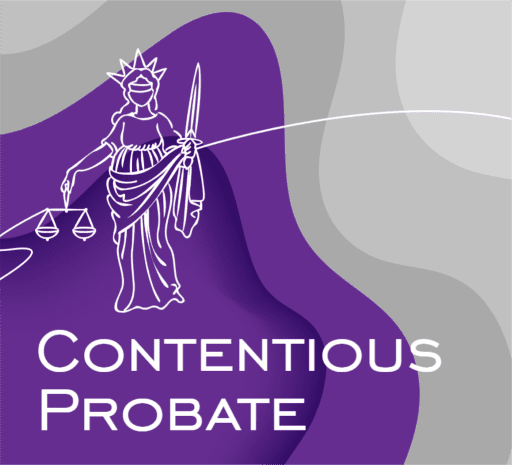By Patrick Smith, Head of Aristone Solicitors Contentious Probate Department
Many people seeking advice on contesting a will may have received well-meaning but inaccurate advice. Here are some straightforward do’s and don’ts to guide you through this process:
Do’s:
1. Look Before You Leap:
– Understand the potential financial loss if your challenge fails.
2. Consider Family Impacts:
– Think about the possible impact on relationships within your family.
3. Seek Legal Advice:
– Consult with legal experts like Aristone Solicitors. for the help and support you need.
4. Understand the Chances:
– Clarify the likelihood of success, potential outcomes, costs, and time involved.
5. Know Your Priorities:
– Determine what would constitute a “win” for you in terms of the estate.
6. Evaluate Costs:
– Understand the financial implications of pursuing or abandoning the challenge.
7. Assess Your Risk Approach:
– Consider your risk tolerance and whether the challenge is worth the potential stress.
8. Know Your Funding Options:
– Explore payment options, such as Pay As You Go or Deferred Payment Arrangements.
Don’ts:
1. Don’t Fixate on Specific Grounds:
– Provide facts to your Solicitor, and together, decide on the best course of action.
2. Consider Other Options:
– If a will contest seems challenging or expensive, explore alternatives like claims under the Inheritance Act 1975.
3. Avoid Sunk Costs:
– If a case appears weaker with new evidence, don’t throw more money into it.
4. Be Realistic About Believability:
– Understand that even if you’re telling the truth, unexpected factors can influence a judge’s perception.
5. Don’t Give Up Easily:
– Many will challenges result in settlements, so persistence can pay off.
When contemplating whether to contest a will, thorough research is essential for making an informed decision.
Expertise
Patrick Smith has an extensive 40-year background in handling legal issues, especially in litigation, contentious probate, and wills disputes. To connect with him, reach out to our client relations team using the numbers on our website. Once we gather enough details about your situation, we’ll connect you with Patrick. He’ll then explain the next steps, how we can assist you, and clarify your legal rights.
In our recent cases involving will challenges, we’ve dealt with various situations, including:
1. Helping Family Members: Assisting claimants, executors, and beneficiaries in cases under the Inheritance Act, ensuring fair provision for family members.
2. Settling Property Disputes: Successfully securing a settlement for a wife whose deceased husband had promised her the house but left it to his children from former relationship instead.
3. Defending Beneficiaries: Defending the main beneficiary against claims challenging a will, especially when a relative refused to confirm the will’s validity.
4. Addressing Shredded Will Issues: Gaining consent for the declaration of a previously “shredded” will, resolving complexities around its validity.
5. Revoking Probate Grant: Successfully obtaining a revocation of a probate grant through a consent order, asserting that a later will was invalid due to improper execution.
6. Mediating Financial Settlements: Achieving a financial settlement for a dissatisfied beneficiary through formal mediation, addressing concerns about testamentary capacity and a valid Inheritance Act claim.
7. Ensuring Proper Estate Administration: Securing a declaration, following contested court proceedings, that the deceased’s estate should be administered based on the terms of a previous “mutual” will, aligning with the wishes of the late wife, rather than a later will benefiting the deceased’s family.
Unlocking key legal cases on contested Wills
Banks v Goodfellow [1870]:
For a will to be valid, the person making it (testator) must understand what they’re doing, know the extent of their property, and be able to make decisions without being influenced by mental disorders or delusions. The court ensures that the testator’s mind is sound when making the will.
Fuller v Strum [2002]:
If a will is properly made by someone with the capacity to do so, the court assumes they knew and approved its contents. However, if there are circumstances that raise suspicion, those trying to prove the will must affirmatively show, with more probable evidence, that the testator knew and approved the contents. The court carefully examines all aspects to determine if the will truly reflects the testator’s intentions.
In simpler terms, these cases emphasise the importance of mental capacity when making a will. The court assumes a person knew and agreed to what’s in their will, but if there are doubts, evidence must prove otherwise. The court thoroughly reviews the circumstances to ensure the will accurately represents the person’s wishes.


